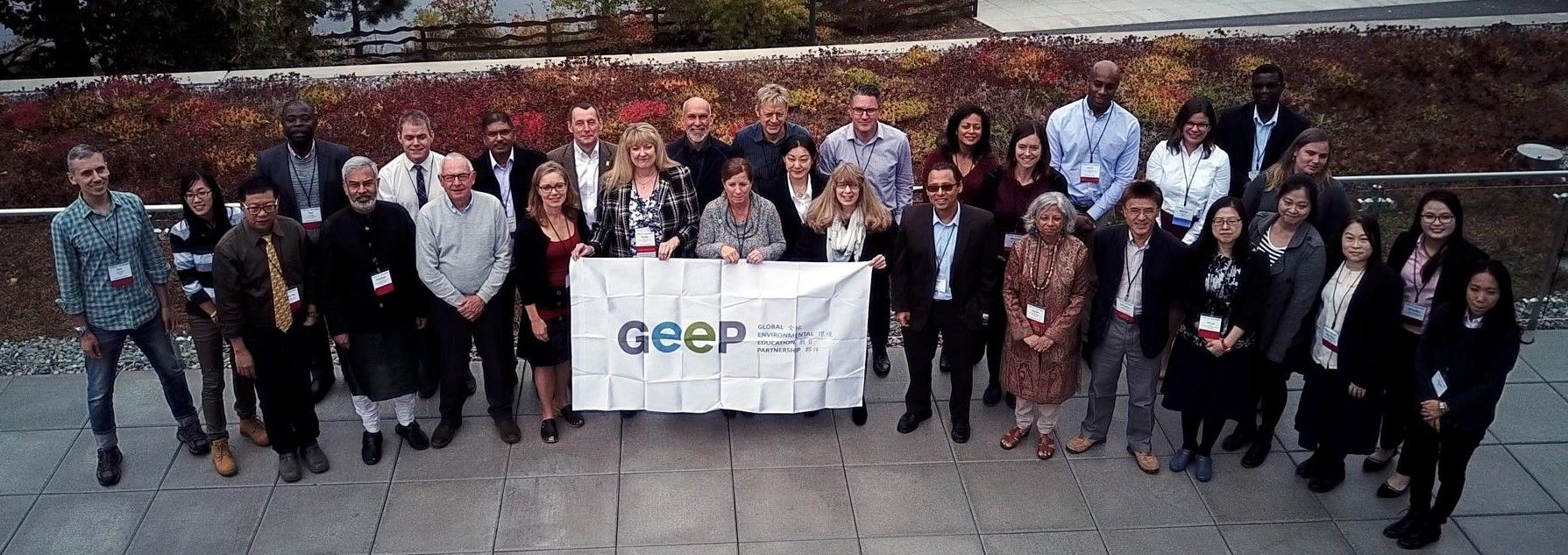
The mission of the GEEP is to create a vibrant and inclusive learning network designed to build capacity in countries around the world to strengthen environmental education that leads to a more just and sustainable future.
To accomplish the mission, the GEEP is striving to:
Goal 1
Connect and build bridges among practitioners, researchers, policy makers, institutions, providers, and international networks to elevate effective practices, scale impact, share global resources, and catalyze collaboration.
Image
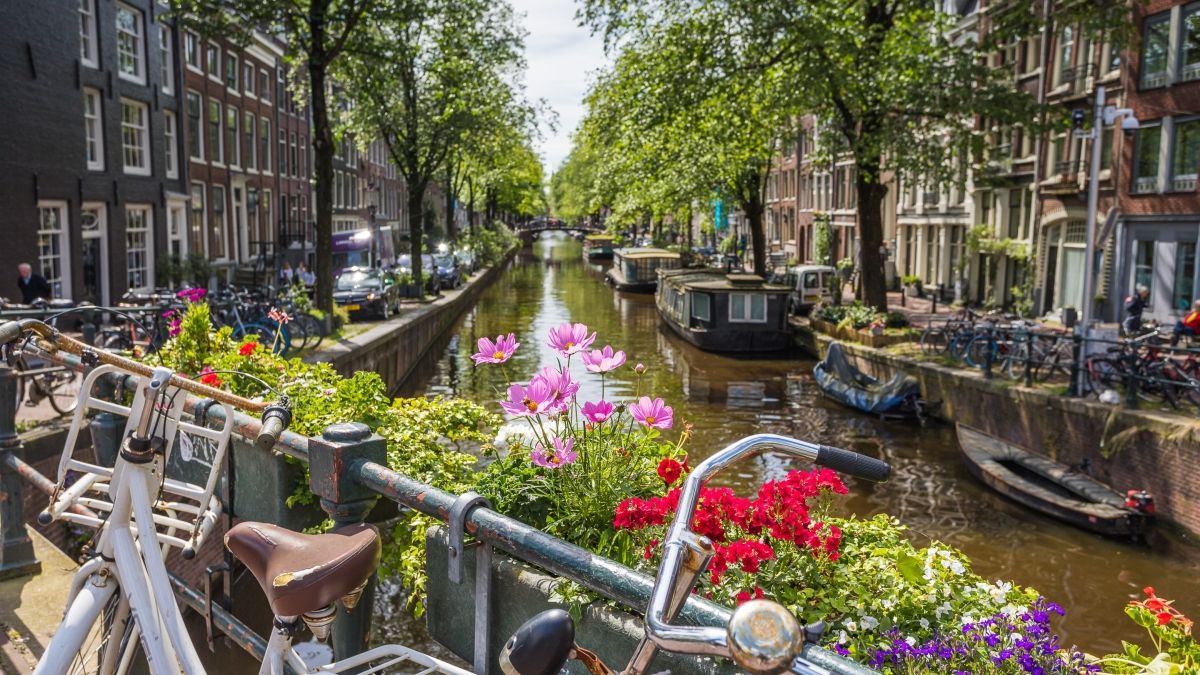
The GEEP connects the people and organizations working to strengthen environmental education around the world. Our goal is to highlight EE efforts at various levels and showcase the networks that help link practice and innovation.
Image

Country Profiles
Country profiles highlight EE efforts happening at the national level, focused on the policies, practices, and leaders in the field working in that country. Learn more >
Image

eePRO GLOBAL
Join eePRO, the online community connecting environmental education professionals from around the world. The eePRO Global group curates resources geared towards a global audience.
Goal 2
Demonstrate the value and impact of EE as a tool for achieving the SDGs.
Image
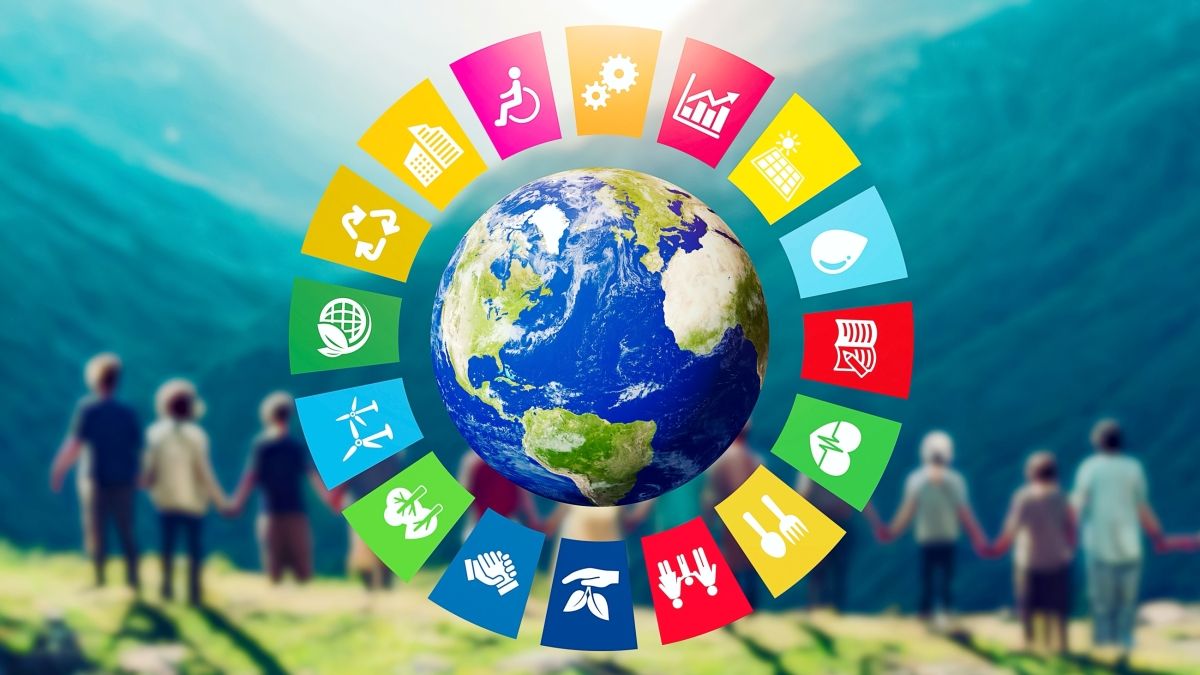
Environmental education initiatives are taking place throughout the world to create change at all levels—and helping to create a more environmentally literate and civically engaged society. GEEP is highlighting good practices so we can learn from each other, replicate and share learnings, and continue to advance our collective work.
Image

Global Call to Action
In October 2017, and in commemoration of the 40th anniversary of the Tbilisi Declaration, the GEEP launched a Call to Action to gather feedback on priorities for the field of environmental education over the next decade and beyond. Learn more about the Call to Action here and sign the pledge here.
Image

Case Studies
EE in Action: Case studies of effective practice
Cultural contexts, geographies, and environmental and social issues differ; however, there is much to be learned from what is happening in environmental education around the world.
EE and the SDGs
Environmental Education (EE) plays an important role in helping to achieve the UN Sustainable Development Goals (SDGs). Learn more about EE in action as it contributes to the SDGs, search through the GEEP case study collection.
Goal 3
Partner with national and regional organizations to support, mentor, and empower a new generation of innovative and inspiration leaders to shape the future.
Image
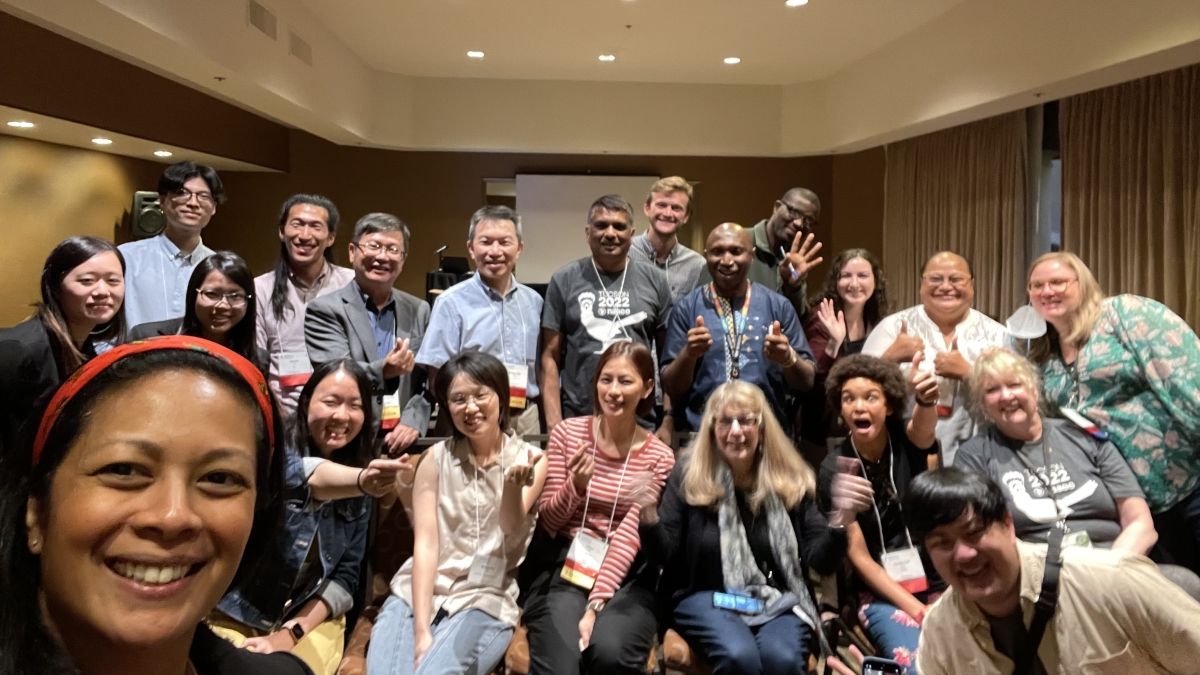
The GEEP is committed to developing leaders who have the 21st-century skills required to address the complex sustainability challenges we face. We work to strengthen the leadership pipeline to enable environmental education change-makers to develop and succeed. To accomplish this, we provide awards and professional development opportunities, and serve as a convener to bring the brightest environmental education minds together.
Image
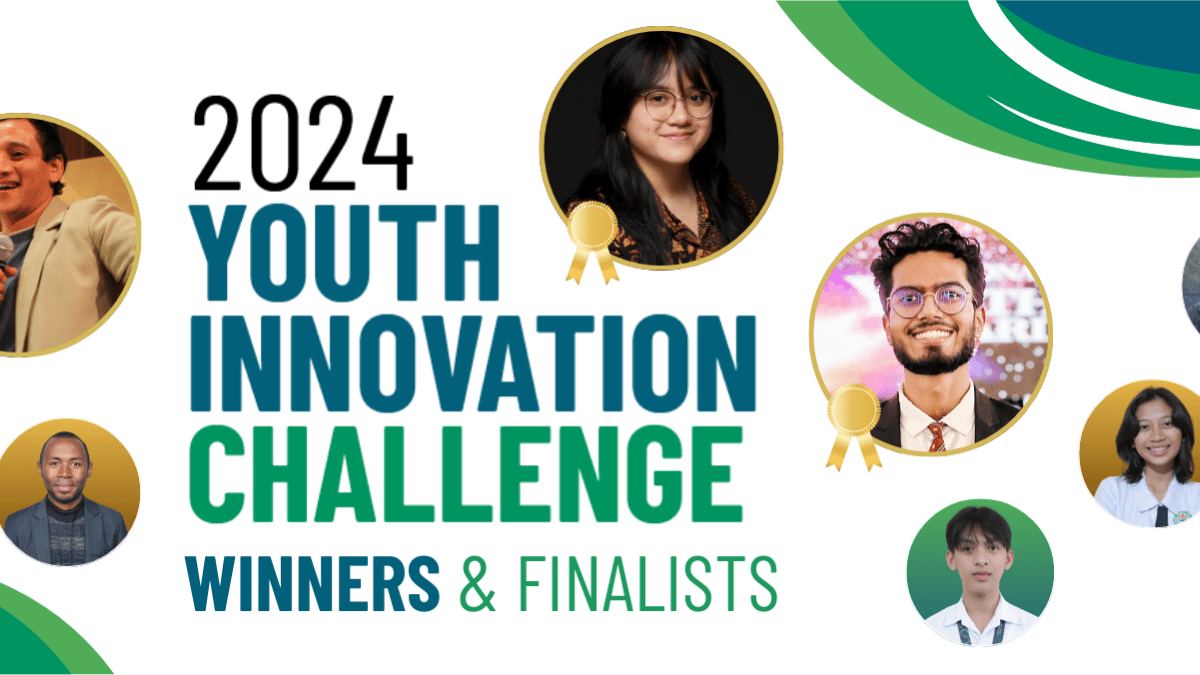
Youth Innovation Challenge (YIC)
Launched in 2021, in partnership with GEEP and the Taiwan Ocean Conservation Administration (OCA), the YIC invites applicants (ages 15–30) annually, to propose a solution to address marine issues, using environmental education as a key element, and awards three winners with a $1,000 and global recognition. Learn more >
Image
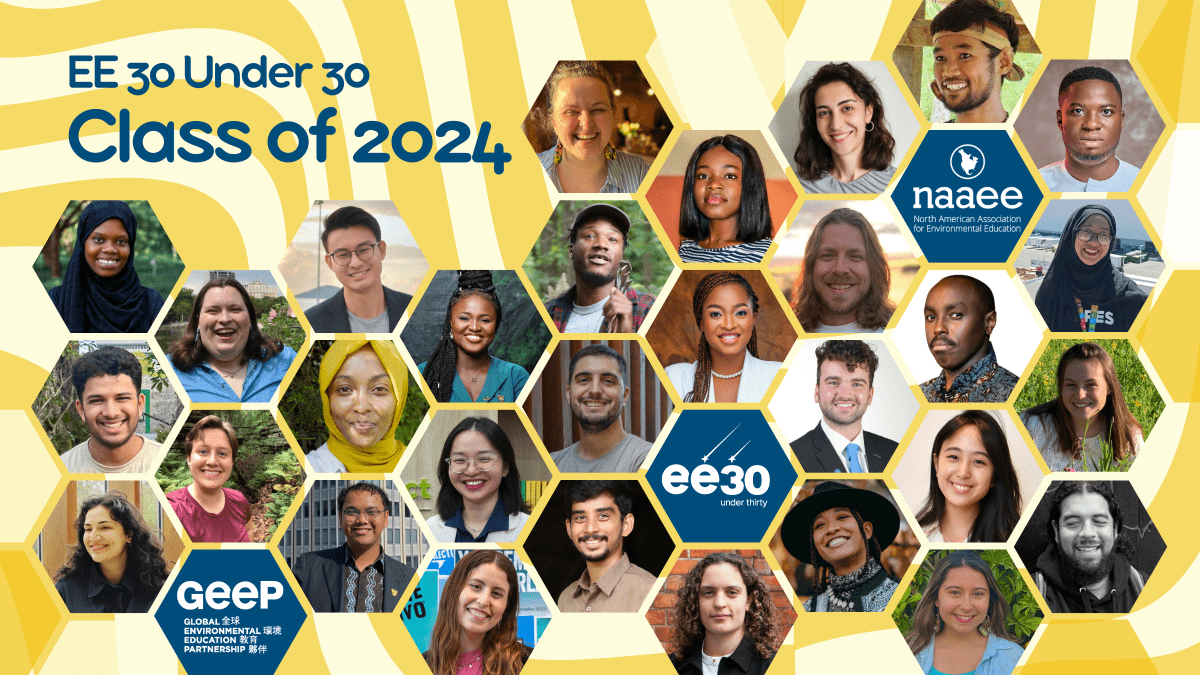
EE 30 Under 30
Since 2016, EE 30 Under 30 has recognized 30 individuals every year from around the world who are making a difference through environmental education. The alumni span a wide range of countries, sectors, and environmental issues. This program is made possible by the GEEP, NAAEE, and U.S. Forest Service. Learn more about EE 30 Under 30 and Northern Ireland 30 Under 30 Climate Change-Makers program (launched 2022).
Image
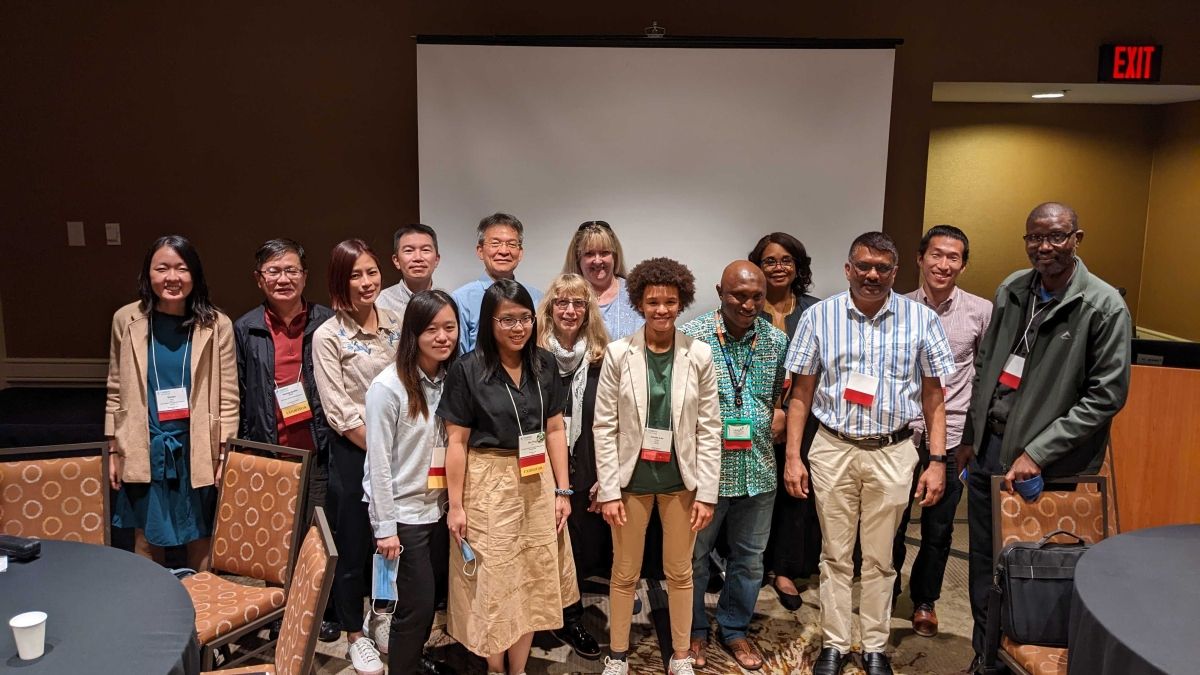
Convening Thought Leaders
The GEEP hosts in-person meetings throughout the year to convene environmental education thought leaders around specific topics. The annual GEEP Advisory Group meets to advance the GEEP’s strategic priorities. Advisors and other invited delegates also meet during the international NAAEE Annual Conference to discuss key environmental education issues and promote collaboration and networking.
Goal 4
Promote innovation through a Global EE Think Tank.
Image
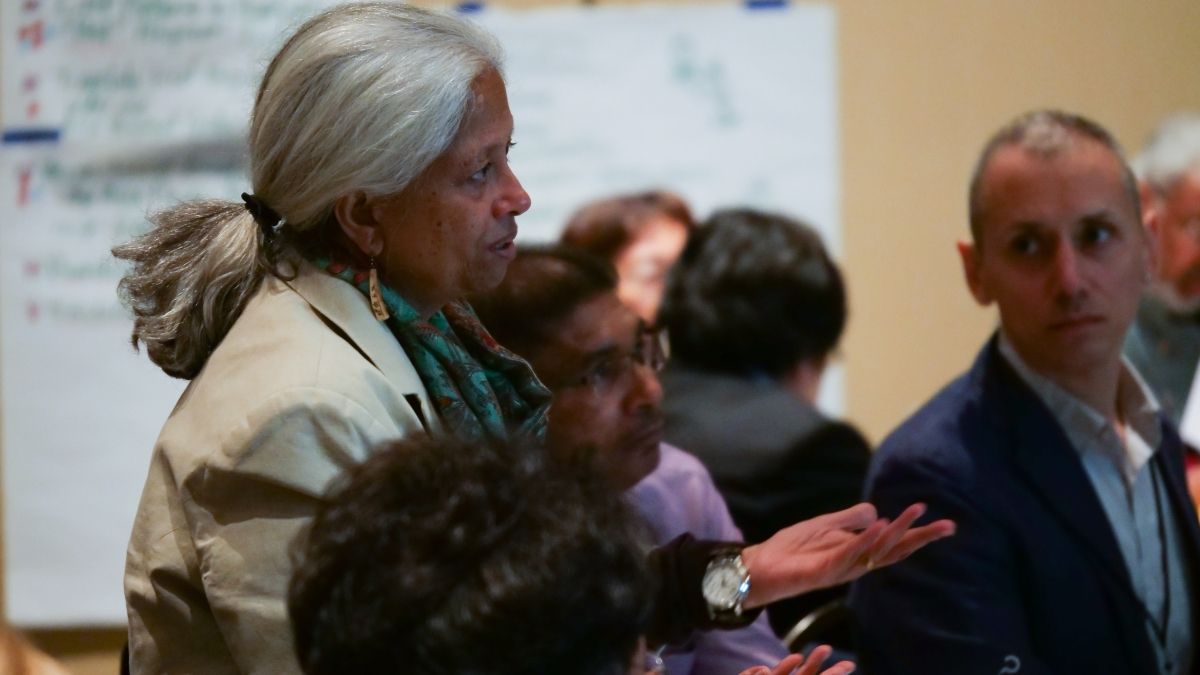
To promote innovation through a Global EE Think Tank, the GEEP is involved in various activities.
Image
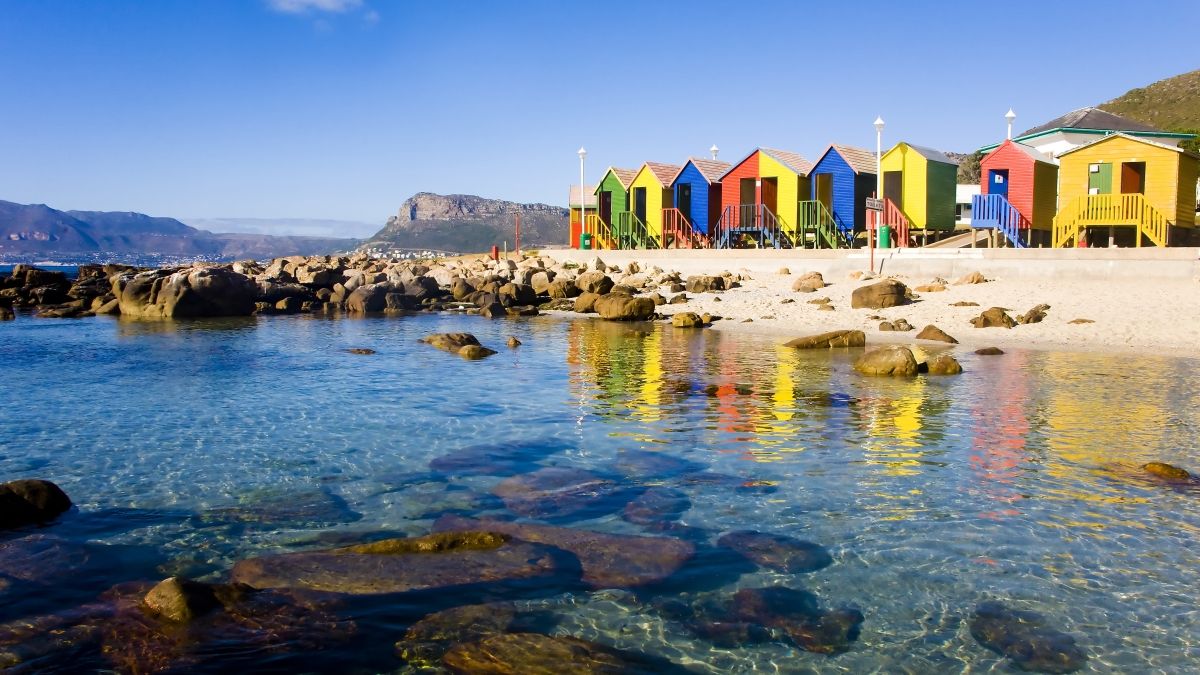
- Promotes ways to advance the field, including innovative campaigns, webinars, crowdsourcing, and professional development.
- Explores collaborative strategies to create a diversified funding stream to sustain the GEEP and our collective work.
- Recognizes excellence in global EE.
GEEP Strategic Plan 2023–2028
Image

GEEP Strategic Plan
Read the 2023–2028 GEEP Strategic Plan. As the GEEP continues to evolve to changing global priorities, we will regularly reassess and update these strategies.